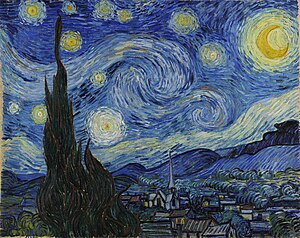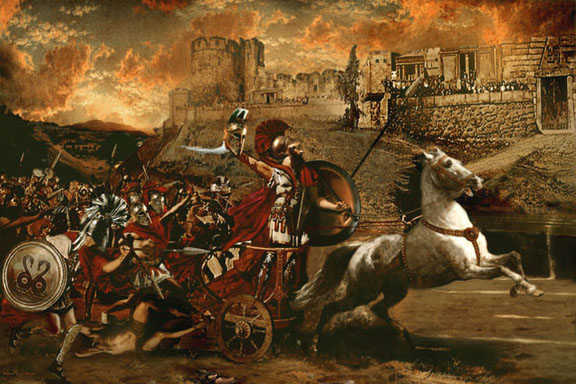Merry (Belated) Christmas to you all!
This Christmas was a little crazy, as my family and I moved from Mildura back to Melbourne three days before the 25th! On top of that, we didn't get power in the house until 4:00pm on the 24th and the night of the 23rd was the hottest night in Melbourne in 50 years! But, really, I've got no complaints. I'm back in Melbourne, this time for good, and I'm ready for whatever this spectacular city has got to throw at me!
My aunt came over to our new house for Christmas lunch. My mum cooked the ham, and my aunt did the pre-lunch nibbles, vegetables and salads for with the ham, and dessert. She made the most delicious chocolate biscuit log that I hadn't had since I left New Zealand. In NZ, chocolate biscuit log is a bit of a classic, and, what's even better, it's eggless, so I'm always up for seconds.
I roped in quite a haul present wise this year, but there was one present that was stand out among them all: two tickets to The Hobbit: An Unexpected Journey on Boxing Day in 3D!
Me with my tickets to see The Hobbit: An Unexpected Journey
I also scored a copy of the official movie guide to The Hobbit: An Unexpected Journey, and didn't even peek at it until after I'd seen the movie with my dad on Boxing Day. I didn't want any spoilers.
Thankfully, it had been directed by Peter Jackson, who directed The Lord of the Rings trilogy, because someone else had lined up to do the gig originally. But, really, Jackson was the only man alive who could have made that movie. He's the one who brought Middle Earth to life in The Lord of the Rings and he was still familiar enough with it to be able to take audiences back there without so much as a bump.
The Hobbit: An Unexpected Journey Movie Poster
It opens with the old Bilbo (Sir Ian Holm) from The Lord of the Rings and Frodo (Elijah Wood) in Bag End, with Bilbo working on his book. It's the day of the eleventy-first birthday, but he looses himself in the memory of his adventures. The movie then takes us back 60 years, and we see a much younger Bilbo (Martin Freeman) being called upon by a familiar wizard in a grey robe and a pointy hat, Gandalf (Sir Ian McKellen).
"Do you mean to wish me a good morning? Or mean that it is a good morning whether I want it or not? That you feel good this morning? Or that it is a morning to be good on?"
Deciding that an adventure would be good for Bilbo, and amusing for himself, Gandalf scratches a sign on the door which leads thirteen dwarves, exiles from the dwarf kingdom of Erebor, to Bilbo's comfy hobbit hole. After turning it upside down, and devouring the contents of his pantry, they proceed to explain their mission to the mystified, and rather miffed, hobbit, and invite him along.
"Far over the Misty Mountains cold,
To dungeons deep, and caverns old,
The pines were roaring on the height
The winds were mourning, in the night
The fire was red, it flaming spread
The trees like torches blazed with light"
But the thought of travelling far away from his comfy bed, finding gold and killing a dragon doesn't particularly interest Bilbo, until the next morning when he has a change of heart, and goes chasing after the dwarves, who have left the hobbit hole surprisingly neat. Despite the opinion of the leader of the company, Thorin Oakenshield (Richard Armitage), that Bilbo will be a burden, the other dwarves are quick to accept him as one of their own.
"I cannot guarantee his safety...nor will I be responsible for his fate"
And off Bilbo goes, through forests and over mountains, fighting trolls, goblins, wargs, orcs, and playing a game of riddles with a slinking creature called 'Gollum', with the stakes at life or death.
~ Australian Kiwi
P.S. The movie poster I have shown pictured here is the same one that I have on the door of my room. I brought it yesterday with Christmas money from my grandparents.


.JPG)























